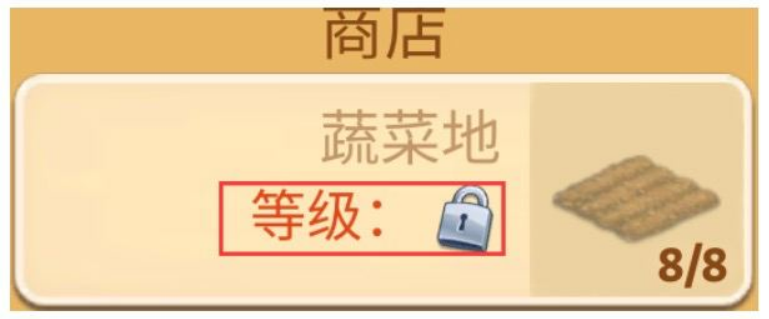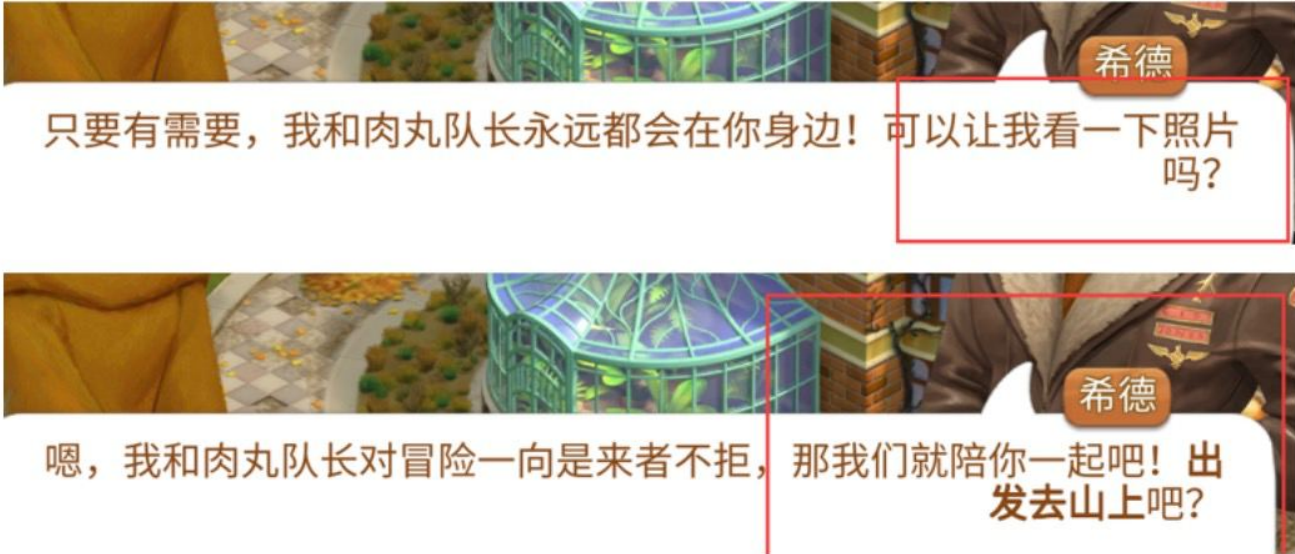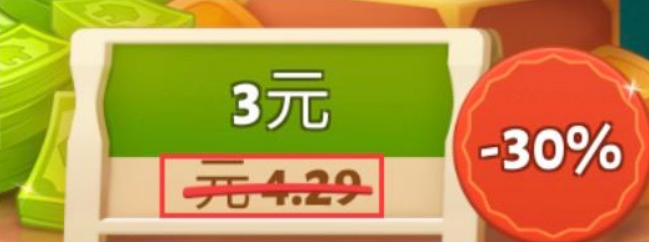At the end of March, Playkot became one of 27 companies that received a special license to release their game, Spring Valley, in China. In our interview with Jane Artemova, the company’s Business Development Manager, we discussed how expensive it was to apply for an ISBN, how long the review process took, what changes were requested by the regulator, and more.


Jane Artemova
Alexander Semenov, Game World Observer: Hey, Jane! We know it took you a year to prepare the paperwork to obtain an ISBN. Why did it take so long?
Jane Artemova, Business Development Manager at Playkot: Hi! The thing is, preparing the application is a large project that involves:
- The product team, which prepares the APK according to the list of requirements;
- The technical team, which is responsible for setting up servers in China;
- The legal team, which is responsible for registering the game’s name, copyrights, and trademarks;
- The business team, which coordinates actions with the Chinese partner and also clarifies requirements and signing documents.
The main difficulty is that no separate team is allocated for this project.
In our case, the same people who created the game were also responsible for the Chinese application. That is, at the beginning of 2020, the team was preparing Spring Valley for a soft launch and, at the same time, was working on the application.
How many people in total were involved in the process?
Jane: During the whole period of preparations, the procedure involved probably 20-25 people.
This is a lot. Can we say that a company that wants to publish in China essentially needs a separate team dedicated to this?
Jane: Ideally, it would be great to have a separate team, but the reality is that applying for an ISBN is such a risky and long-term project with no guarantees that few companies decide to start a separate team (I don’t even know of such examples).

Now let’s talk a bit about money. Can you share what budget should be allocated for the paperwork to obtain the license?
Jane: We didn’t tally up any totals; it’s difficult to calculate all expenses over time. Surprisingly, separate fees to the publisher and for game name registration are relatively small.
I don’t remember the exact amount, but it seems that these fees, registration, and servers were a one-time pay of up to $20-25k, plus small monthly expenses for infrastructure (it must be operational so that reviewers can log in and review the game at any time).
The most expensive part is the labor costs of colleagues who could spend that same time developing the product to make the global launch happen faster. This is a major expense item that makes the licensing project so expensive.
Spring Valley launched globally in spring 2022. You applied for the paperwork significantly in advance — in March 2021. Am I correct in understanding that you can apply for an ISBN without a finished product?
Jane: We did apply significantly in advance, hoping to get the game ready for release in China in a relatively short period of time after the global launch. However, the statement that a finished product is not needed is incorrect.
For example, in our case, we already had a fully playable game with content in March 2021. The only difference was that there was significantly less content than at the global launch. And there were not as many various game mechanics as there are now.
At that time, our APK that we submitted for review looked like a complete game, with not much content (about 7-10 days of gameplay).
What was the first stage of the application process, and how quickly was it completed?
Jane: The first stage is submitting the application to the provincial bureau. Their task is to check the set of documents with the list, verify the registration of the game name, and make sure that the APK we developed is playable.
The provincial bureau does not check the build according to the requirements. That is the job of the next instance – the Central Bureau. We successfully passed the provincial bureau check within a month.

What did the work with the Central Bureau look like?
Jane: Essentially, when the game reaches the Central Bureau, our task is to wait for feedback and make changes promptly.
There were several iterations of this process. It looks like this:
- The Bureau provides a document with requests for changes;
- Our publisher translates it into English;
- I explain it to the team;
- The team starts working on it.
Each feedback iteration has a deadline by which the APK with the changes must be returned. The timelines are not very comfortable for the team that works full-time on preparing the game for the global launch, but they are achievable (several weeks).
What changes were requested? Was there anything very unusual?
Jane: The weirdest stories we have are related to Age of Magic, when we went through a similar process with it.
As for Spring Valley, we saw that it is much more comfortable for casual games to pass the Chinese review.
The changes were mainly related to requirements for time limits and purchases for minors (they were tightened at some point and it turned out that we submitted a build with one set of limits, but they were suddenly changed, and we were immediately asked to change them in accordance with the new requirements). There were several changes related to localization and filters for inappropriate words.
Examples of changes required for the Chinese market (important note: this is only 1/1000 of what we had to change):
1. Locked content should always have a clear indication at which level it will unlock.

2. All texts should be aligned to the left, not the right.

3. The yuan sign must be placed after the price, not before it.

Since the review process takes years, sometimes requirements change when your game is already in the reviewers’ hands. When you read news about changes, you groan and think, “Okay, we’re waiting for the request for edits.”
You mentioned the time limit for minors. I thought the publisher or some separate service with a special SDK should handle this.
Jane: Since you are giving the APK to the reviewers, there is nothing embedded in it, no SDK. We implement all these mechanisms for the application on our side.

Can you tell us a little about how the time limit system works?
Jane: The game has a login system with passport verification for each player. When an account is created, a request is made to a special database using the passport number, and it returns a response of whether the passport is authentic and how old the player is. Depending on this, certain rules regarding the amount of time the player can spend in the game and the amount of money they can spend there are applied.
In real life, publishers do have their own SDKs, in which all of this is implemented. And at launch in China, this is done much easier.
And if we talk about the game’s content, how much did you have to adapt the game to the Chinese market? How different is the Western release from the upcoming Chinese one? I ask not just out of mere curiosity, but because we at GWO were baffled by Merge Mansion screenshots for China. They look nothing like the game we all know.
Jane: Well, again, this depends on the niche and the genre.
For Age of Magic, during the review process, we had to do a very difficult, large, and even toxic job of repainting textures, removing skulls and bones, “dressing up” characters, and so on.
In comparison, with the idyllic farm and friendly characters, it was much easier. I’m not saying that there was little work to be done, but Chinese reviewers have fewer questions about a casual-style game with no battles, deaths, or blood.
Therefore, for a China release, we still expect the game’s content to differ very little from the global version.
Do I understand correctly that after you made all the necessary edits, they went silent?
Jane: Yes, that’s right. After several iterations that we completed on time, they went silent.
How long did the Central Committee remain silent?
Jane: They remained silent for a long time — approximately since the second half of 2021, when the freeze on issuing licenses to foreign companies began.

Did you understand that it was normal and should be like that? Or did you have thoughts that the game might not get licensed in the end?
Jane: Everyone understands that applying for an ISBN is, in general, like a lottery with the possibility of hitting the jackpot. Therefore, we decided that we would do everything on our side to make it happen, and then we would hope for success.
The team really worked very hard to move quickly and fulfill all the requirements as accurately as possible.
We sincerely believe that luck accompanies those who make great efforts to make something happen and do not give up.
What are your next actions?
Jane: Right now, we need to evaluate two things: the amount of work and costs associated with this project (because it is really equal to launching a separate game) and the potential revenue that we can get from this launch. This will allow us to realistically plan the timelines and expectations for the Chinese launch.
Wait, where did the amount of new work come from, wasn’t the game approved for launch? What are we talking about?
Jane: The game was submitted in 2021 when there were 7-10 days of gameplay, but now there are over two years of our work and new content that needs to be added to the Chinese build and localized. Support and community management needs to be set up, financial and legal issues need to be resolved, and the server infrastructure needs to be updated. Plus, we also need to figure out who will be handling the Chinese version on our side, whether the current team can handle it, or whether we need to create a separate team to operate in China.
Well, so many issues we have to resolve.
By the way, a local publisher is required for a regional release. Who are you working with?
Jane: In our case, it’s MyGamez. This is already the second ISBN that we’ve obtained with their help, and we trust them as a partner.

And this Chinese publisher — is it usually some kind of figurehead that just lets you work in the local market or is it something bigger?
Jane: A good Chinese publisher is a full-fledged partner and guide in a complex market that covers many issues in which we have little expertise. This applies to finance, legal aspects, platform selection, and relationships with channels.
A considerable part of the work will undoubtedly be done within our studio, because it’s important for us to gain expertise in China ourselves.
Time will tell how the responsibilities will be divided for Spring Valley.
Well, good luck! And thank you for the interview!
